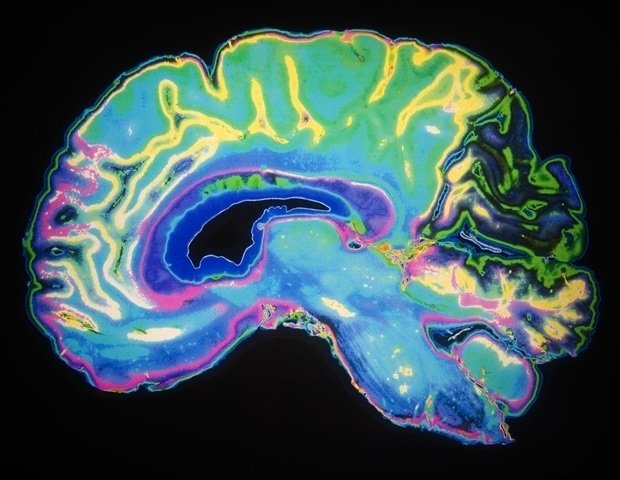The origin of certain neuropsychiatric diseases, such as autism, bipolar disorder or depression and certain neurodegenerative diseases, Alzheimer’s and Parkinson’s disease, can be found in very early stages of brain formation in the fetus. That is, earlier than previously recognized, according to a study by Del Mar Institute Hospital and Yale University published in Nature communications.
The project focused on ”When searching for the origin of mental illness in the early stages of fetal development, especially in brain stem cells“Explains Dr. Gabriel Santpere, researcher and coordinator of Miguel Servet Researcher and coordinator of the Research Neurogenomics team in the research program of the biomedical Informatics Institute of Del Mar Hospital Research Institute, a joint team with the University of Pompeu Fabra.
To do this, they used a list of about 3,000 genes associated with neuropsychiatric diseases, neurodegenerative pathologies and cortical malformations and simulated the effect of their change on cells involved in brain development. Results show that many of these genes are already functional during the initial phases of the fetus Growth in stem cells, ancestors that build the brain, creating neurons and supporting structures.
Achieving this was not easy. This moment of brain development is very difficult to study. For this reason, researchers combine multiple data from human and mice brains as well as in vitro cell models. As Dr. Nicola Micali, a partner of Dr. Pasko Rakic at Yale University and Synthem of the Research, he points out, “Scientists usually study the genes of mental illnesses in adults, but in this work we have discovered that many of these genes are already acting in the early stages of fetal formation and that their changes can affect brain development and promote mental disorders later”.
During the study, specific regulatory networks were simulated for each type of cell in brain development To see how the activation or deactivation of the analyzed genes associated with various brain diseases affected the ancestral cells in their different stages. This allowed them to observe the importance of each gene in the appearance of changes that cause various diseases. The list ranges from microcephaly and hydrocephalus to autism, depression, bipolar disorder, anorexia or schizophrenia and also includes Alzheimer’s and Parkinson’s.
In all these pathologies, genes involved in the early stages of brain growth when functional nerve stem cells are found. “We cover a wide range of diseases that the brain can have and consider how the genes involved in these conditions behave in nerve stem cells,” adds Xoel Mato-Blanco, a researcher at the Del Mar Hospital Research Institute. At the same time, he points out that the project “identifies time windows and cell types where the action of these genes is more relevant, indicating when and where to target the function of these genes”.
Having this information “is useful in understanding the origin of the diseases affecting the brain cortex, that is, how genetic changes translate into these pathologies,” says Dr. Santpere. Understanding these mechanisms and the role of each gene in each disease can help develop targeted treatments that act on them by opening opportunities for gene Treatment and personalized treatments.
Source:
Magazine reports:
Mato-Blanco, X., et al. (2025). Early developmental origin of bark disorders that are shaped into human nerve stem cells. Nature communications. Doi.org/10.1038/S41467-025-61316-W
